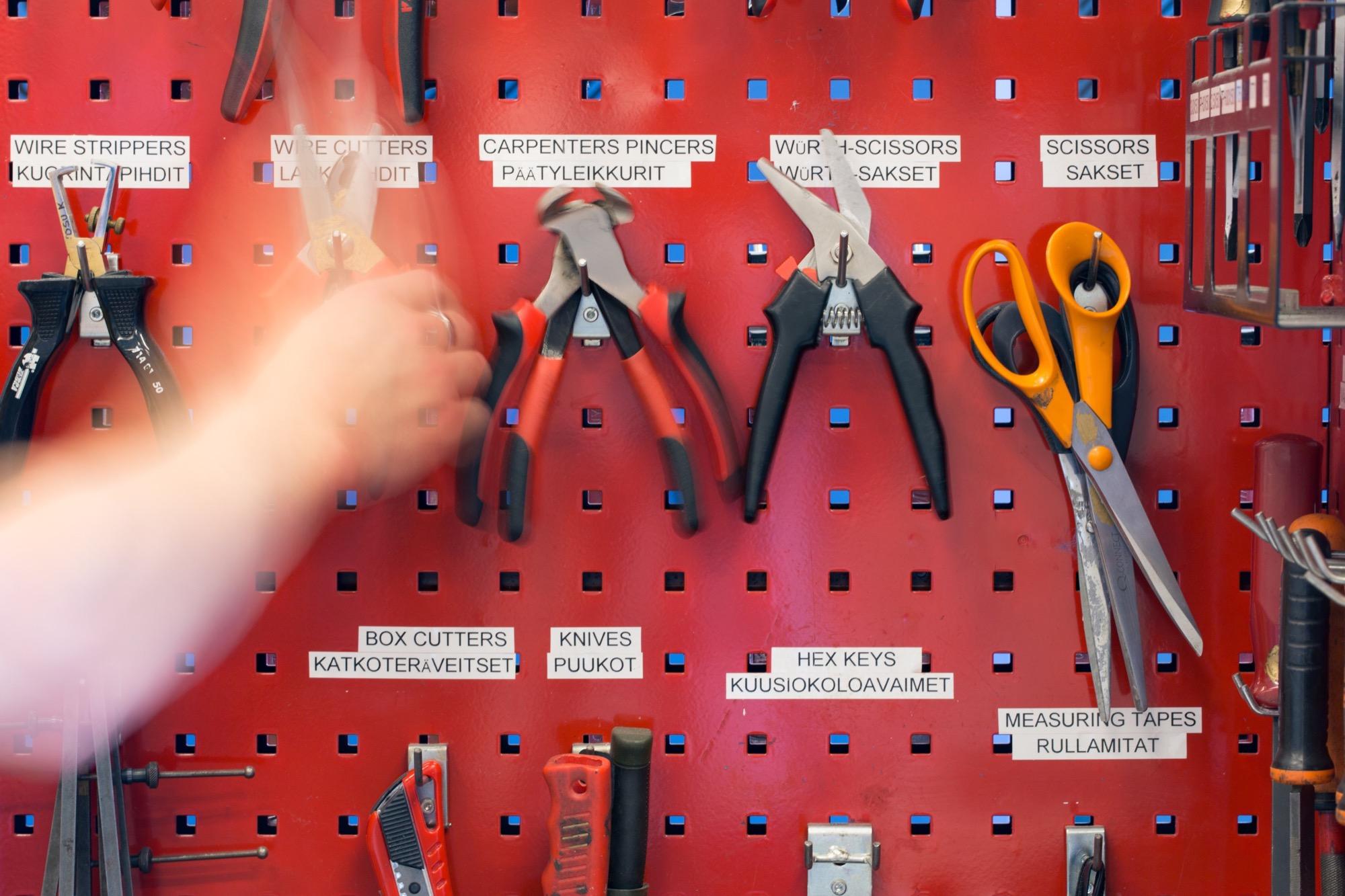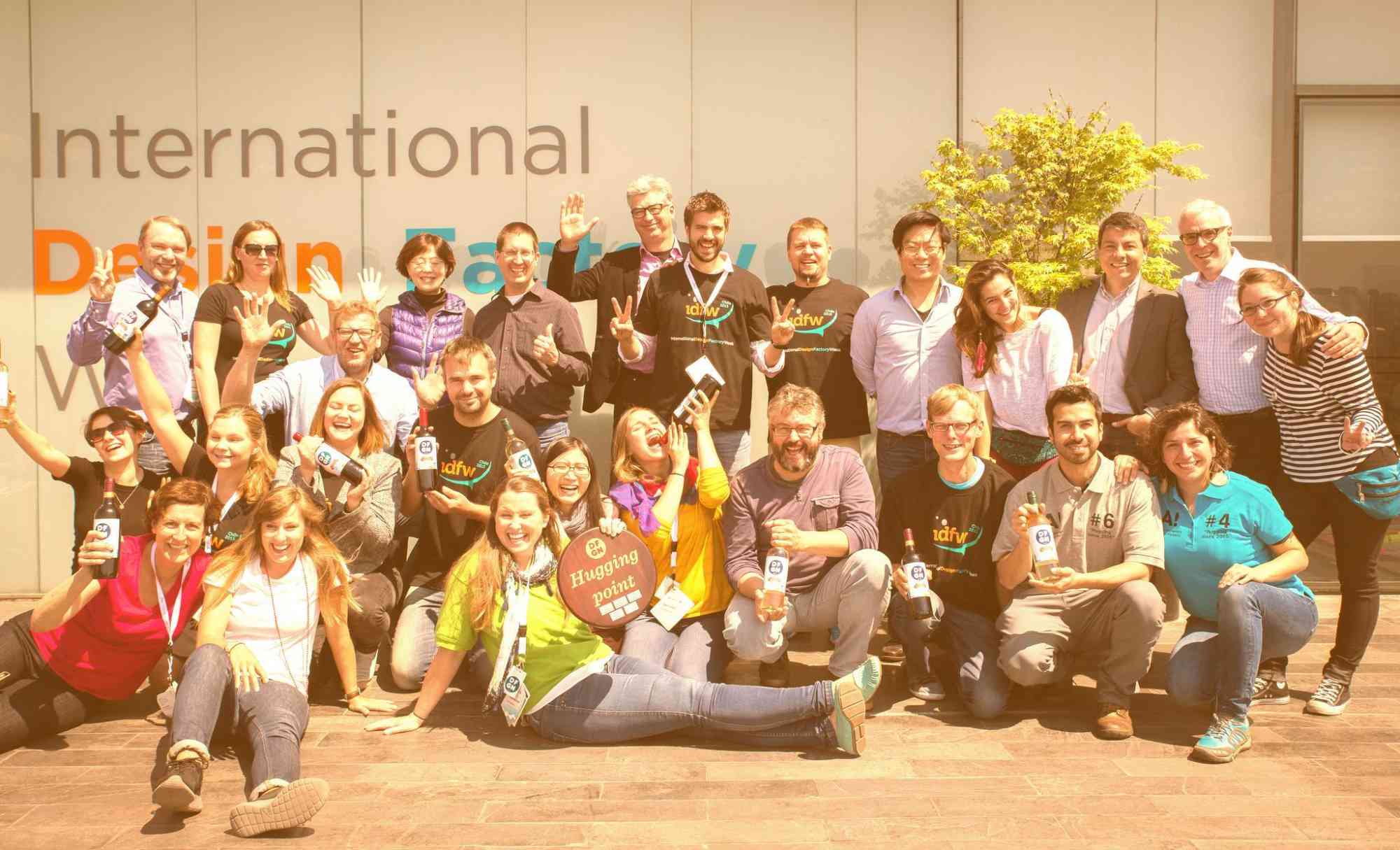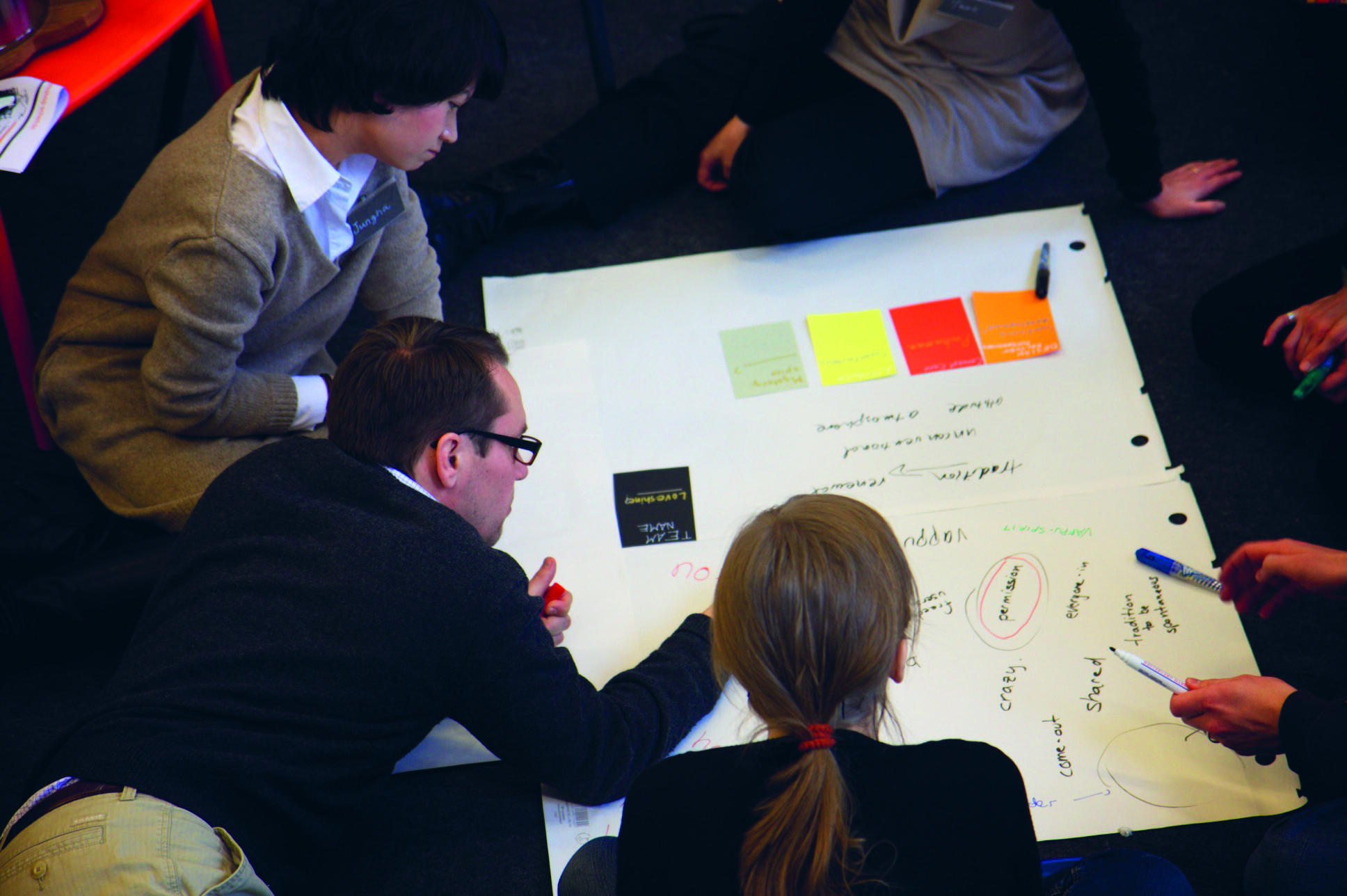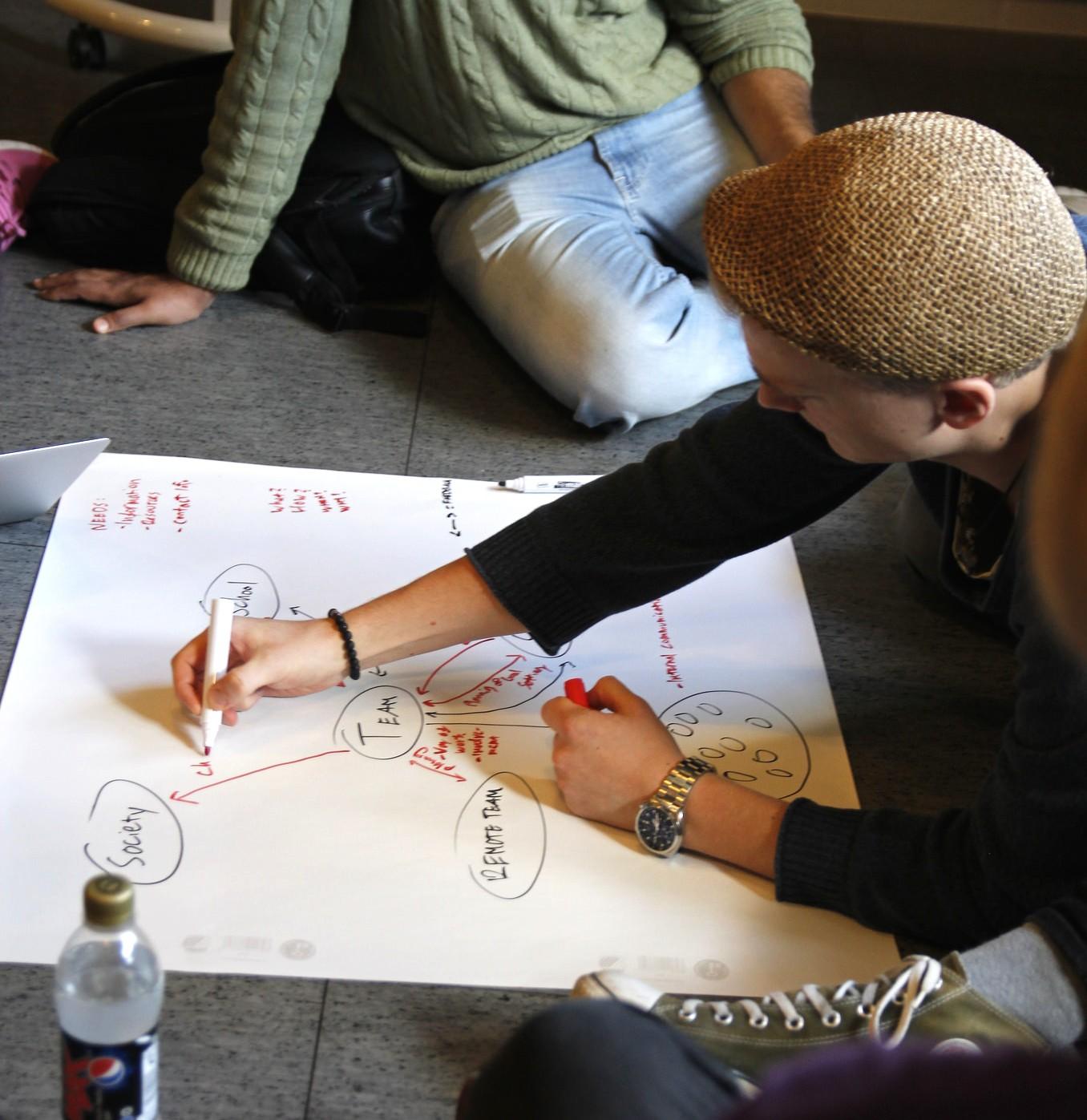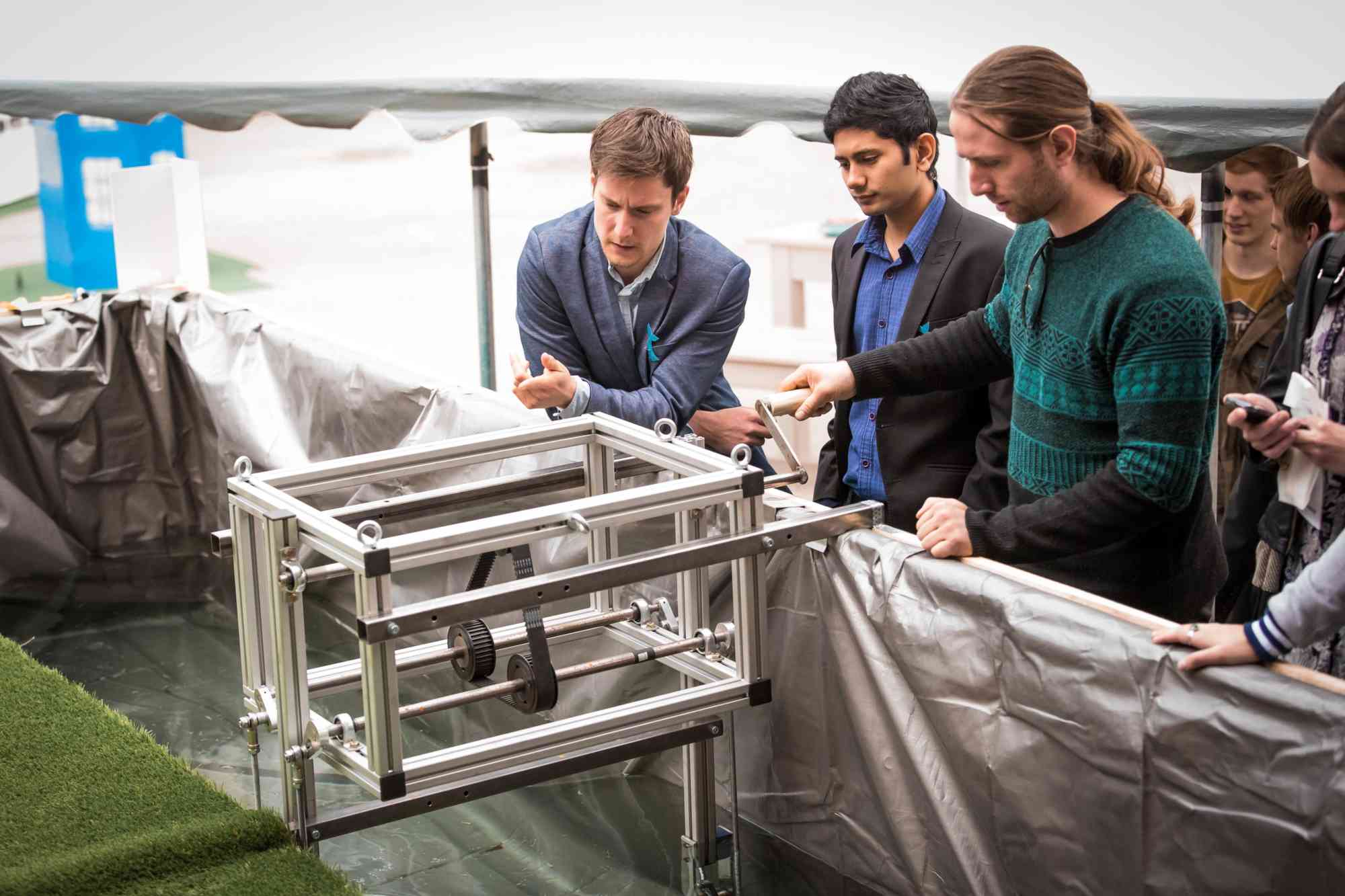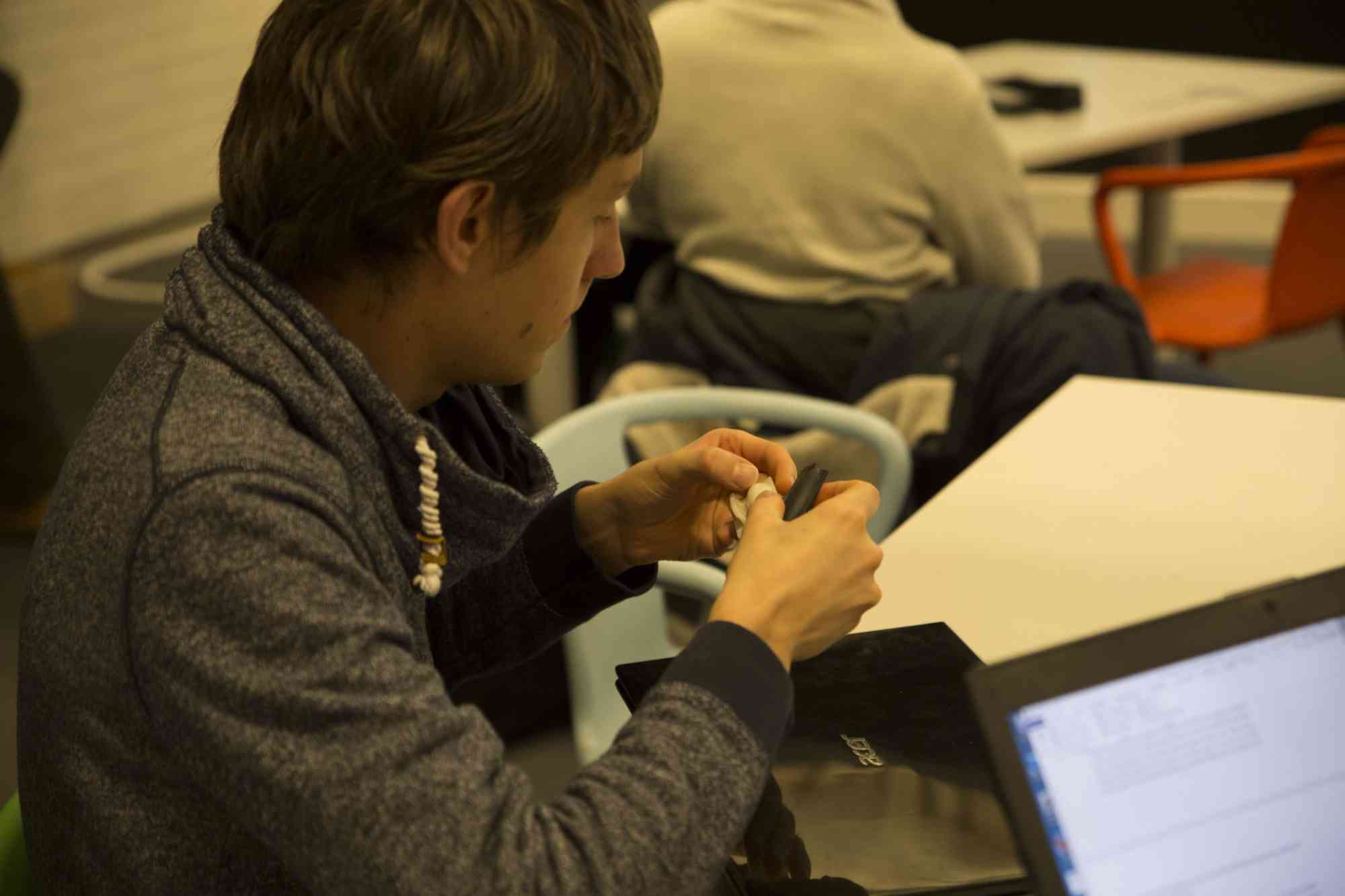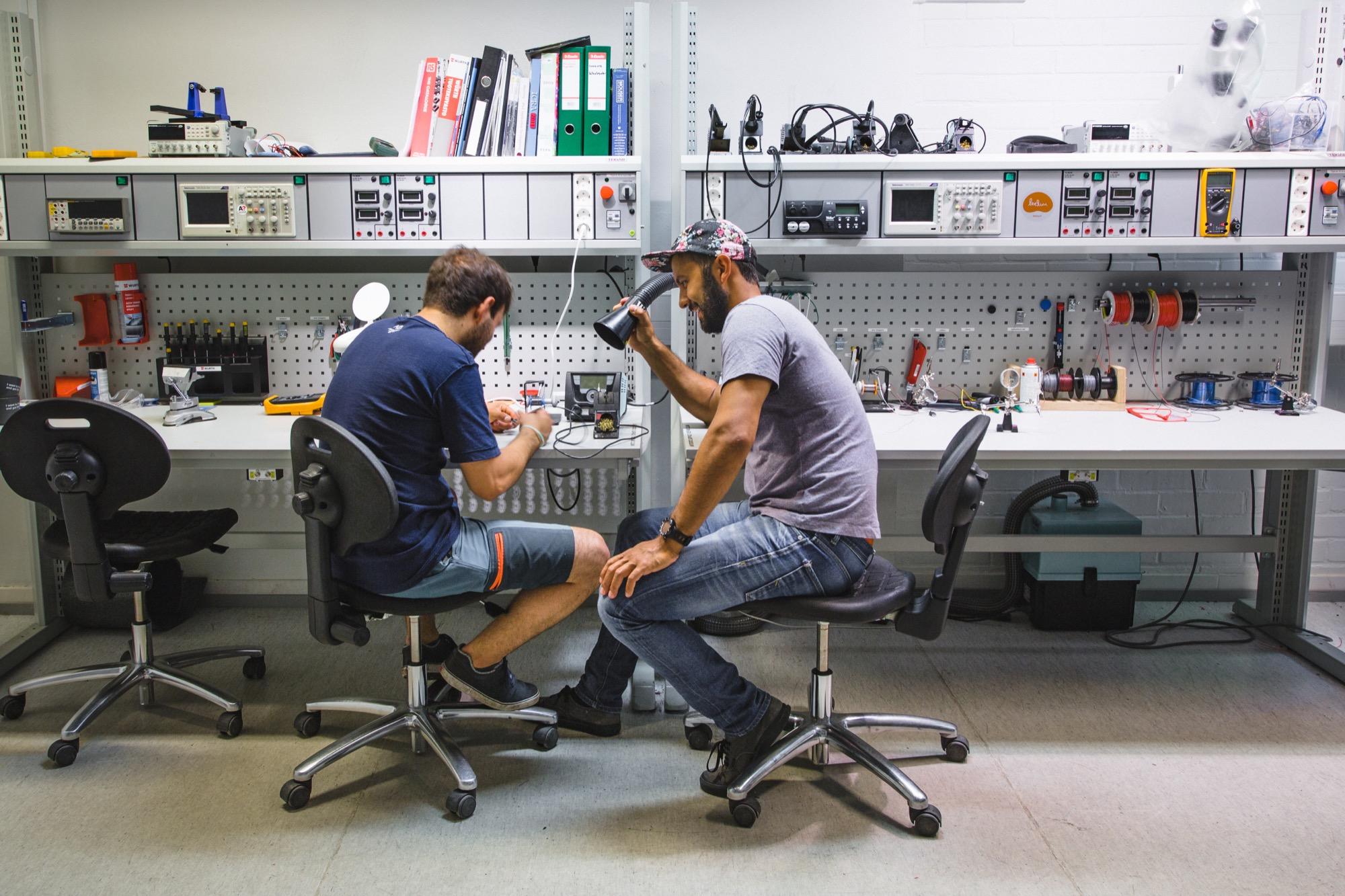Looking to shake up your course? Take a look at the tools offered in Design Factory!
Full postLearning
All posts tagged Learning
What works: Research-based handy tips and tricks for the curious professor – Part 8
Marcela Acosta 28/01/2016Learning to work in multicultural groups and increasing one’s intercultural competence is an important working life skill in the global market. As an international learning center, studying at Aalto University creates many opportunities to learn this skill.
Full postWhat works: Research-based handy tips and tricks for the curious professor – Part 7
Marcela Acosta 06/01/2016If you start your university studies this autumn, there is enough time for the available digital information to multiply during your studies. According to studies, the new information is too much. As new data replaces older so quickly, data content therefore no longer creates a solid basis for a work career. Cramming has become pointless. For work life, university students need far-reaching skills. Changes in the amount and use of information also requires changes in learning skills, but universities’ teaching methods are changing very slowly. In Aalto Design Factory, our studies consistently show that the development of skills instead of knowledge is now more important. Information is left unused without the right skills.
Full postWhat works: Research-based handy tips and tricks for the curious professor – Part 6
Marcela Acosta 16/12/2015Series part 6: Prototyping, failing, and learning
An integral part of Project-Based Learning is prototype-making. Making prototypes are a useful learning tool that provides a common language for students with different academic and cultural backgrounds, and allows the creation process to advance faster by providing a physical object that clarifies the students’ abstract ideas, and makes it easier to explain and communicate to others.
Full postWhat works: Research-based handy tips and tricks for the curious professor – Part 5
Marcela Acosta 09/12/2015Series Part 5: The role of the teacher
When using the PBL method, the role of a teacher changes from being a lecturer to facilitating the learning process. Producing learning is not dependent on teachers’ ability to transfer knowledge to students. Rather, it depends on their ability to actively participate in their own learning process.
Full postWhat works: Research-based handy tips and tricks for the curious professor – Part 4
Marcela Acosta 02/12/2015Series Part 4: PBL actitivities
PBL activities apply theory to practice through real-life problems that can be accomplished only with support of a master in the field. In this situated learning, rather than separating theoretical knowledge learned in class from the practical application, students search for the knowledge needed to carry out a particular situated task, giving context to the knowledge, which is created or presented through participation, concrete doing, active thinking, and problem-solving. This way students focus on the how instead of the what.
Full postWhat works: Research-based handy tips and tricks for the curious professor – Part 3
Marcela Acosta 25/11/2015Series Part 3: Group work
Participation in group work results in the interaction with other students, for example through the discussion and debating of topics, resolution of conflicts or disagreement, as well as peer- and self-assessment. This is an example of social learning. In social learning, social experiences and interactions support the understanding of content. The students educate themselves and each other, and provide support for continuous learning and for the on-going creation of new ideas and skills.
Full post Aalto DF
Aalto DF